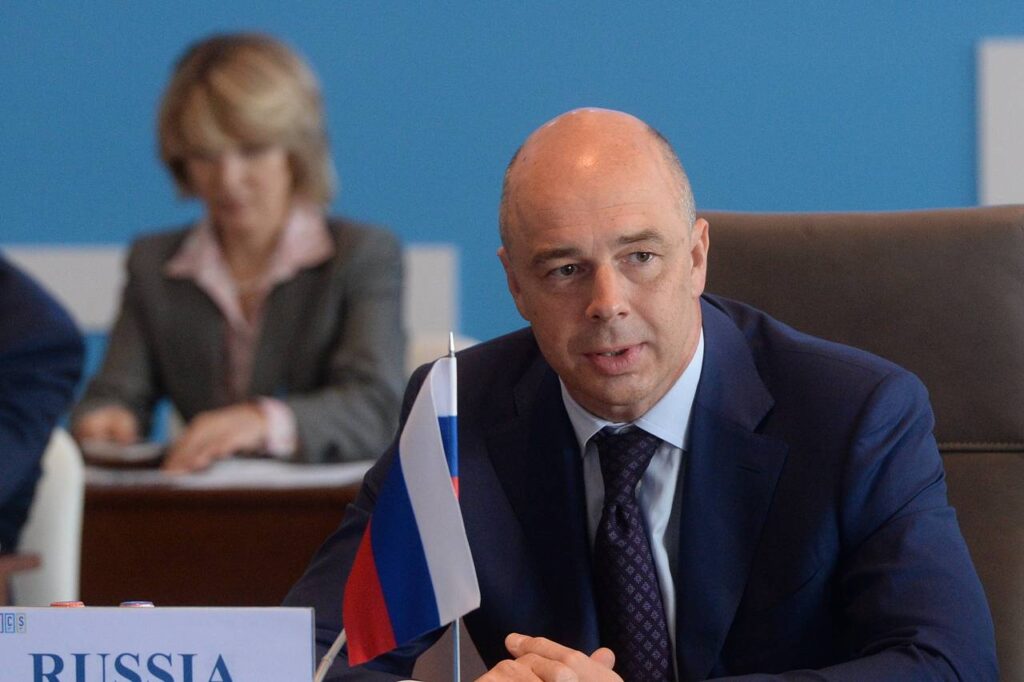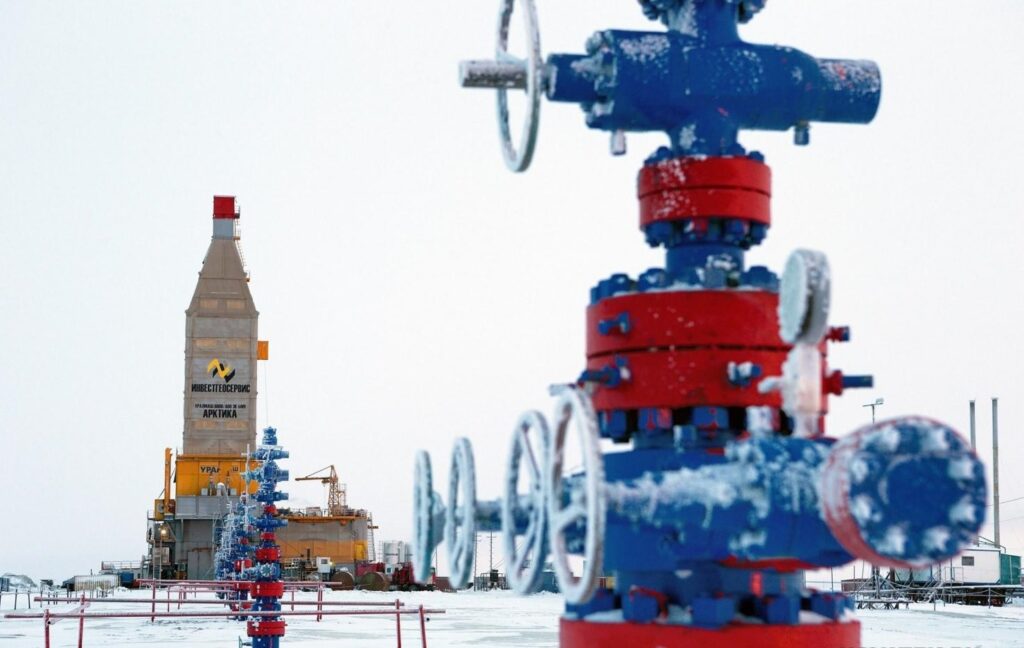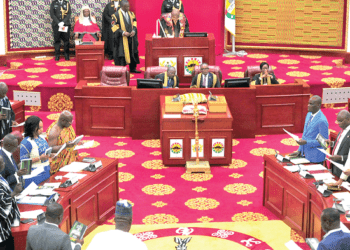The Finance Minister of Russia, Anton Siluanov has signaled the need to revisit a critical component of the country’s economic policy: the oil price cut-off under the federal budget rule, as the country prepares its fiscal framework for the 2026–2028 budget cycle.
Speaking at the State Duma, Siluanov acknowledged that the existing $60 per barrel baseline for crude oil used to determine transfers to and from the National Wealth Fund (NWF) may no longer be appropriate in the current price environment.
“We need to think about whether, when preparing the new budget for the medium term, we should review the cut-off price level.
“The baseline price of $60 per barrel, to what extent it currently corresponds to the levels that allow us to ensure not only the preservation but also the replenishment of the National Wealth Fund.”
Anton Siluanov, Finance Minister of Russia
Russia’s fiscal framework includes a “budget rule” that pegs oil revenues to a benchmark price. When oil prices exceed $60 per barrel, surplus revenues are transferred to the NWF to build reserves.

However, when prices fall below this threshold—as they have since early April with Russia’s Urals crude hovering near $50—budget shortfalls are covered by withdrawals from the fund.
The recent decline in oil prices has exposed the fragility of the current budget mechanism, prompting policymakers to consider whether the $60 baseline still reflects economic realities.
“In this regard, together with the members of the State Duma during the preparation of budget policy, we will discuss both the baseline price and the replenishment of the National Wealth Fund, as all of this is linked to the overall budget balance.
“It is not a simple issue, but we will resolve it together with you during the discussions on the budget for the upcoming three-year period.”
Anton Siluanov, Finance Minister of Russia
Implications on National Wealth Fund

The ongoing reliance on the NWF to support budget expenditures has raised concerns about long-term fiscal sustainability.
The finance ministry has already planned to use 447 billion rubles from the fund in 2025 due to underperformance in oil revenues.
Siluanov warned that under these circumstances, new spending from the NWF must be approached with caution.
“Because the oil price in some cases is below the baseline level, under $60 per barrel, we need to be cautious about any new expenditures from the fund.”
Anton Siluanov, Finance Minister of Russia
The broader fiscal outlook has been significantly revised downward. In April, the Russian government slashed its projected oil and gas revenue for 2025 by 24%, citing the sharp drop in global oil prices that began earlier in the year.
Oil and gas revenues, once expected to contribute 5.1% of GDP, are now forecast to account for just 3.7%.
As a consequence of diminished energy income, the Russian finance ministry has also raised its projected budget deficit for 2025 to 1.7% of GDP, more than triple its previous forecast of 0.5%.
This adjustment underlines the budgetary strain posed by volatile commodity markets and highlights the limits of current fiscal buffers.
The reassessment of the oil price baseline signals a possible shift in Russia’s economic strategy. A lowered benchmark could provide the government with greater flexibility in managing expenditures without excessive reliance on the NWF.
However, it may also signal reduced expectations for oil revenue windfalls, impacting longer-term plans for investment and economic diversification.
The proposed review is aimed at ensuring that the National Wealth Fund remains robust, capable of both preserving and potentially replenishing a critical financial buffer in times of economic uncertainty.
As the State Duma gears up for discussions on the medium-term budget, the outcome of these debates will be keenly observed for indications of Russia’s fiscal adaptability in a rapidly changing global energy landscape.
READ ALSO: Equities Tread Water as Policy Rate Remains at 28%, Financial Analyst Warns




















